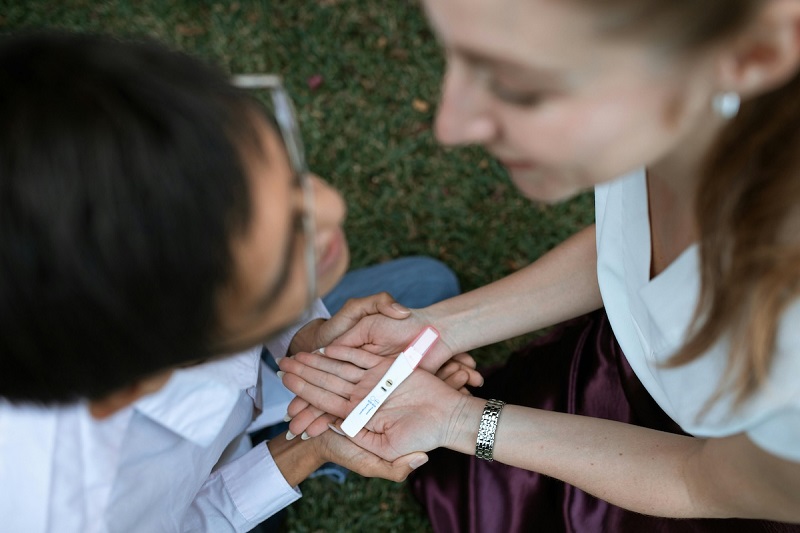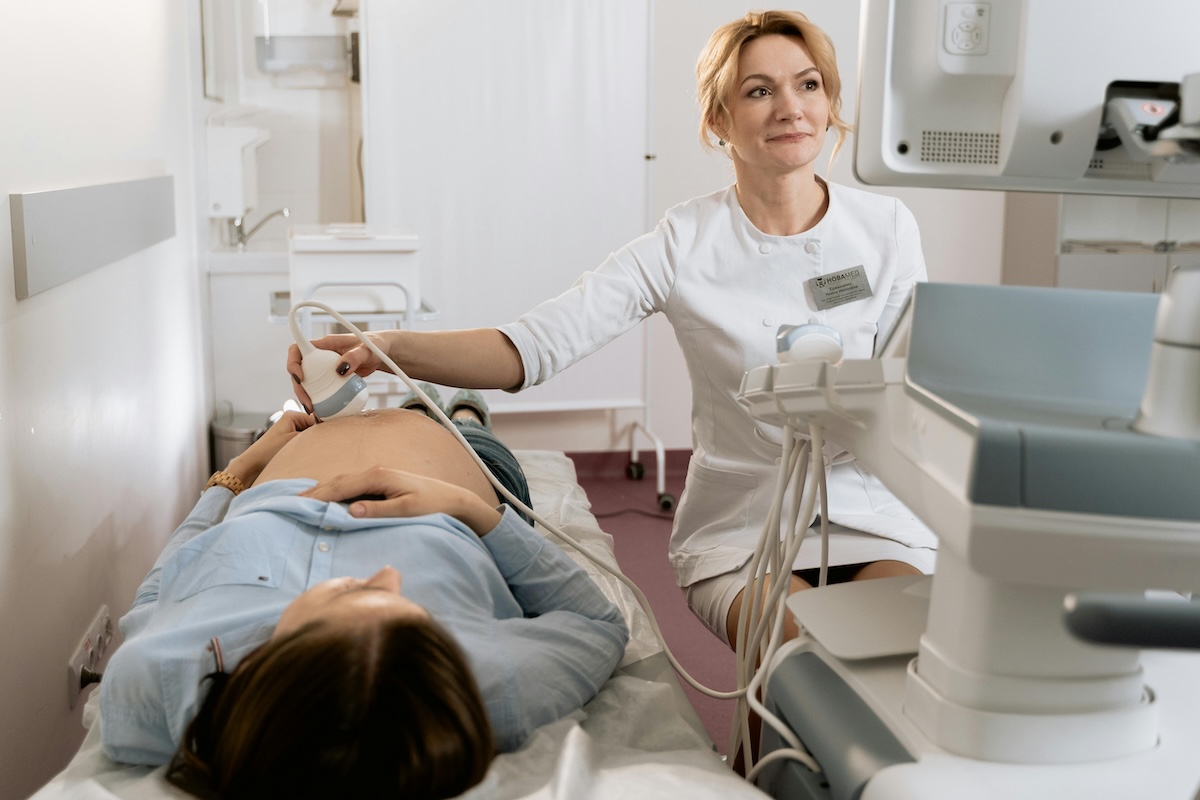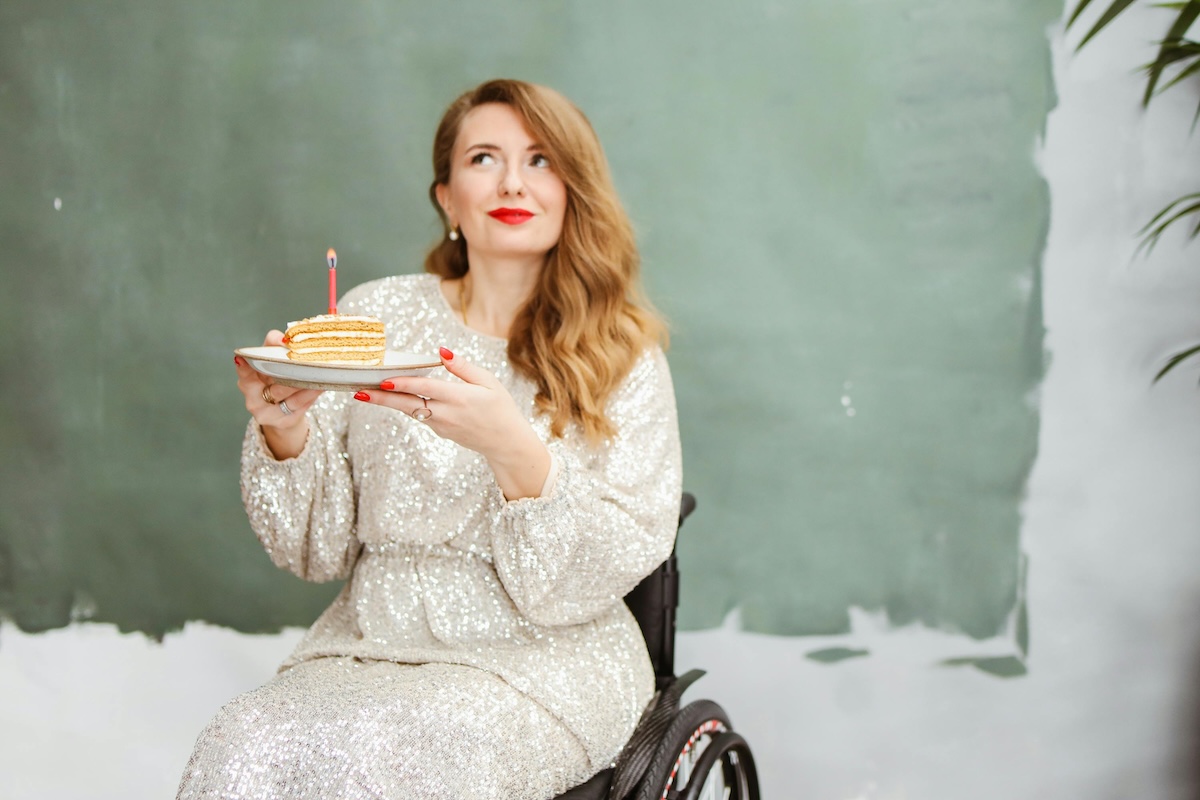The other day, I sat with a patient struggling with infertility. A few years ago, I had worked with her to manage her diabetes through pregnancy. She had gotten pregnant easily, and her pregnancy had been uneventful. Now she is raising a happy, healthy preschooler.
About 18 months ago, she told me that she and her husband wanted a second child. This time the path has not been so easy. Last week, after several rounds of IVF with one of my reproductive endocrinology colleagues, she sat in my office tearful and unsure. Among her many concerns about pursuing further treatment was how IVF might affect her future health, including menopause.

Increasingly my patients are asking how fertility treatments and egg freezing might affect their experience of menopause. There are several factors driving that interest. If you haven’t heard, menopause is having a moment — it is overdue. Over time, more couples have had access to treatments for infertility. More couples are using fertility treatment for reasons other than infertility, including preventing genetic disorders, same-sex couples pursuing pregnancy, and unpartnered people choosing to become pregnant. Add to that, companies are now offering employee benefits that cover fertility preservation, such as egg freezing.
Greater access to reproductive technology means greater numbers of people are taking advantage of that access. Thus, there are more people whose experience of menopause may be impacted by reproductive technology.
However, it is worth remembering, as we discuss how fertility treatments and egg retrieval affect the timing and symptoms of menopause, that the vast majority of study subjects likely underwent IVF for infertility, though not always for female infertility — about half of all infertility is related to male causes. If that is not why you underwent fertility treatments, these studies may or may not apply to you.
How do infertility and fertility treatments affect the timing of menopause?
In general, having undergone IVF is correlated with earlier age at menopause. One theory is that stimulating the ovaries and retrieving eggs accelerated the depletion of the pool of eggs a woman has. There are several papers that summarize scores of observational studies. One such study was able to dig into this data further. What the authors found was that women who responded well to ovarian stimulation — that is, a larger number of eggs could be retrieved — did not go through menopause earlier. Those women whose ovaries produced three or fewer follicles were at increased risk for early menopause.
The authors conclude that it is not that ovarian stimulation for egg retrieval depletes ovarian reserve, but rather that diminished ovarian reserve as a cause of infertility is associated with earlier menopause.
In fact, female infertility, independent of fertility treatments, has been tied to earlier menopause, though there is conflicting data. In a recent prospective cohort study out of Canada, the authors found that women with a history of infertility were more likely to have surgical menopause, defined as having their ovaries or their ovaries and uterus removed. They were also more likely to have surgical menopause at a younger age, and particularly before age 43. The authors did not find that the timing of natural menopause was significantly different between women with and without a history of infertility. Data regarding the specific cause of infertility was not collected as part of this study.
In a pooled analysis of nine studies including more than 300,000 women, 44,000 of whom had experienced infertility, women who had experienced infertility were more than twice as likely to experience premature menopause — before age 40 — and about 1.5 times as likely to experience early menopause between ages 40 and 45. The authors also noted significant racial differences, with Asian women having a higher risk for premature and early menopause compared with non-Asian women. The data was not broken down by specific cause of infertility.
To date, there is no data regarding the timing of menopause among women who undergo IVF that separates out women with infertility from women undergoing IVF for other reasons. Based on the data we do have, I would not expect women without infertility who undergo IVF or egg freezing to experience menopause earlier than women who have not undergone IVF.
How does IVF affect the experience of menopause?
There is little data on how women who have and have not undergone IVF experience the symptoms of menopause. In one cohort study, the authors found there was no significant difference in the frequency and severity of hot flushes and night sweats, sleep disruption, muscle and joint pain, and palpitations between women who had and had not undergone IVF. There was also no significant difference in mood symptoms such as anxiety, fatigue, and brain fog.
However, women who had undergone IVF did have more urogenital symptoms. In particular, the authors note that problems with sexual function, bladder function, and vaginal dryness were all increased among the women who had undergone IVF. This is important for both doctors and patients to be aware of. As a doctor, I want to be especially sure that I am asking about these types of symptoms in my visits with patients with a history of IVF. And as a patient, paying attention to urogenital symptoms and proactively calling them to your doctor’s attention will help you get prompt treatment.
Does IVF increase the risk of gynecologic cancer?
This has long been a question about IVF — whether all the hormones we give women over the course of fertility treatment increase their risk for any cancers. Given that many of those cancers grow in response to hormones, and given that we are stimulating tissue in the ovaries and uterus to grow, it is a logical question to ask.
This is a question that has been well studied, and in a meta-analysis of 29 retrospective studies including data regarding four types of cancers, the authors found that the risk of breast and endometrial cancers was not increased. The risk of cervical cancer may be slightly reduced. But the risk of ovarian cancer was increased among some women undergoing fertility treatment.
Data regarding which treatments women had received allowed the authors to understand which fertility treatments were associated with an increased risk for ovarian cancer. Women who had received clomiphene citrate (Clomid) were about 1.4 times as likely to develop ovarian cancer later in life. Women who had undergone IVF only were 1.3 times as likely to develop ovarian cancer.
Ovarian cancer is rare: the incidence of ovarian cancer among women in the U.S. is about 1.3%. Taking Clomid or undergoing IVF increases that risk by about 0.5%, to about 1.8%.
The bottom line
- Undergoing IVF has been associated with having menopause at an earlier age. However, the data suggests that this is particularly related to the underlying cause of infertility and not to fertility treatments themselves.
- Undergoing IVF does not affect the frequency and severity of most of the symptoms of menopause; however, women who have undergone IVF seem to experience urogenital symptoms with perimenopause and menopause.
- Undergoing IVF does not seem to increase the risk of breast, endometrial, or cervical cancer, but the incidence of ovarian cancer is slightly increased among women who have taken Clomid or undergone IVF.















Log in
Are there any additions screenings for ovarian cancer people who have done multiple round of IVF should be doing as they age?
Also, the numbers about the rates at the end confuse me. If the increase in risk of ovarian cancer is 1.4 compared to those without IVF, and the baseline prevalence is .5%, wouldn’t that make the IVF prevalence about .75%. Going from .5% to 1.4% seems like a threefold increase in risk (aka RR of 3)
Thanks for any clarity you can add!
The article states the baseline rate of ovarian cancer is 1.3%, so a relative increase of 1.4x results in an overall risk for those who have taken clomid of 1.8% (or an absolute increase of 0.5%).